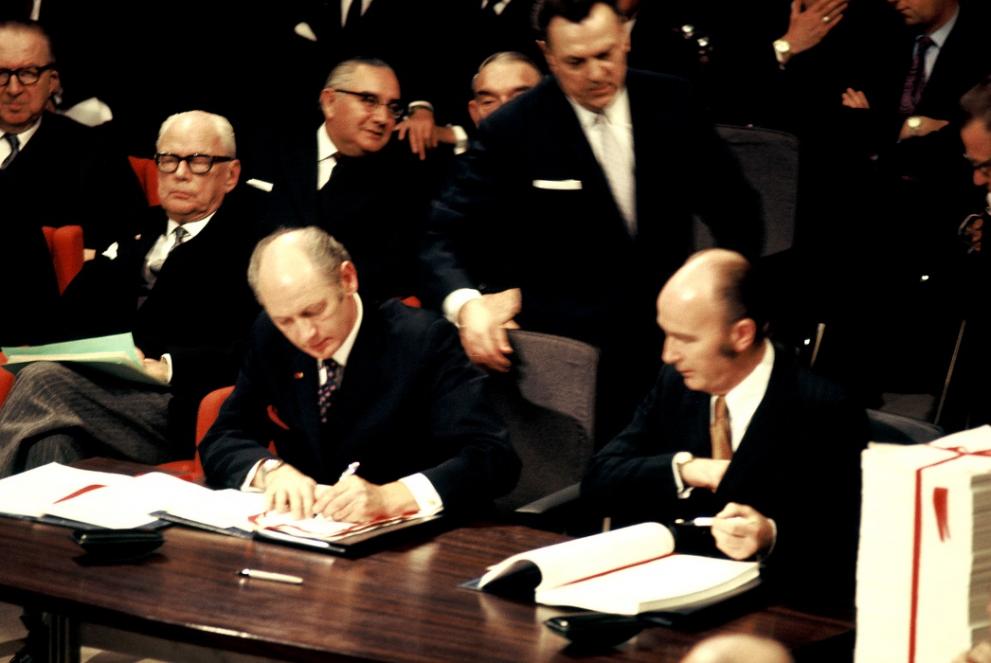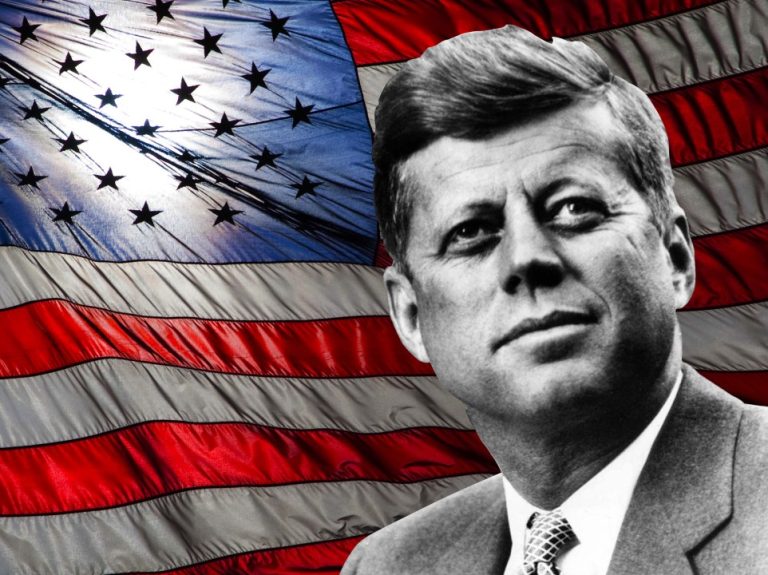

On January 1, 1973, Ireland officially joined the European Economic Community (EEC), marking a significant shift in its economic and political trajectory. This decision was initially celebrated as a move towards greater economic prosperity and integration within Europe. However, over the decades, the nature and influence of the EEC—now the European Union (EU)—have evolved, leading to debates about its impact on member states’ sovereignty, democratic processes, and social structures.
This article explores Ireland’s journey within the EU, critically examining how the union’s transformation has influenced Ireland’s sovereignty, democratic integrity, immigration policies, and foreign relations.
Ireland’s Accession to the EEC
Ireland’s path to EEC membership was intertwined with that of the United Kingdom and Denmark. After initial applications were vetoed by French President Charles de Gaulle in the 1960s, Ireland successfully joined the EEC alongside these nations in 1973. The move was driven by aspirations for economic growth, access to broader markets, and modernization of the Irish economy. A referendum held in May 1972 saw the Irish populace vote in favor of joining, reflecting optimism about the potential benefits of EEC membership. ireland.ie
Evolution into the European Union
The Maastricht Treaty of 1993 transformed the EEC into the European Union, expanding its scope beyond economic cooperation to include political integration, common foreign and security policies, and eventually, a common currency. Ireland adopted the euro on January 1, 1999, transitioning from the Irish pound. While this move symbolized deeper integration, it also meant relinquishing control over national monetary policy to the European Central Bank.
Democratic Deficit and Technocratic Governance
Critics argue that the EU suffers from a democratic deficit, where decision-making processes lack transparency and are distanced from the electorate. Key EU institutions, such as the European Commission, are composed of appointed officials rather than directly elected representatives, leading to concerns about accountability. This structure has been described as technocratic, with significant policy decisions made by unelected experts, potentially sidelining the democratic will of member states.
Furthermore, instances where EU directives have overridden national decisions, such as mandating repeat referendums when initial outcomes were unfavorable to EU objectives, have fueled perceptions of an overreaching bureaucracy. This approach raises questions about the balance between collective European governance and national sovereignty.
Immigration Policies and Societal Impact
The EU’s policies on migration have significantly influenced Ireland’s demographic landscape. The Common European Asylum System (CEAS) aims to harmonize asylum procedures across member states, but its implementation has posed challenges for Ireland. The country has faced increased pressures on housing, healthcare, and social services due to rising immigration levels. In 2024, Irish ministers expressed concerns about the substantial costs associated with new EU migration plans, highlighting potential strains on public resources. eumigrationlawblog.euLatest news & breaking headlines
While migration has contributed to cultural diversity and addressed labor shortages, the scale and management of immigration have sparked debates about integration, national identity, and the capacity of public infrastructure.
Foreign Policy and the Ukraine Conflict
The EU’s collective foreign policy stance has also impacted Ireland’s traditional neutrality. The conflict in Ukraine has seen the EU adopt a firm position against Russian aggression, implementing multiple sanctions packages intended to reduce Russia’s ability to finance the war. While Ireland aligns with these measures, questions arise about the extent to which EU membership influences national foreign policy decisions, potentially compromising Ireland’s neutral stance.CRS Products Library of Congress
Financial Contributions and Economic Implications
Over the years, Ireland’s financial relationship with the EU has evolved from being a net beneficiary to a net contributor. While EU funding has supported various development projects, the financial obligations and regulatory constraints imposed by EU membership have led some to question the overall economic balance. The Common Agricultural Policy (CAP), for instance, has provided subsidies to Irish farmers but also subjected them to stringent regulations and competition within the single market.
Conclusion
Ireland’s membership in the EU has been a journey of economic development, cultural exchange, and political integration. However, the evolving nature of the EU raises critical questions about sovereignty, democratic accountability, and national identity. As the EU continues to expand its competencies, it is imperative for Ireland to critically assess the benefits and challenges of membership, ensuring that the nation’s interests and democratic values are preserved.
Engaging in open discourse about the EU’s role and its impact on member states will be essential in navigating the future of Ireland’s relationship with the union.



